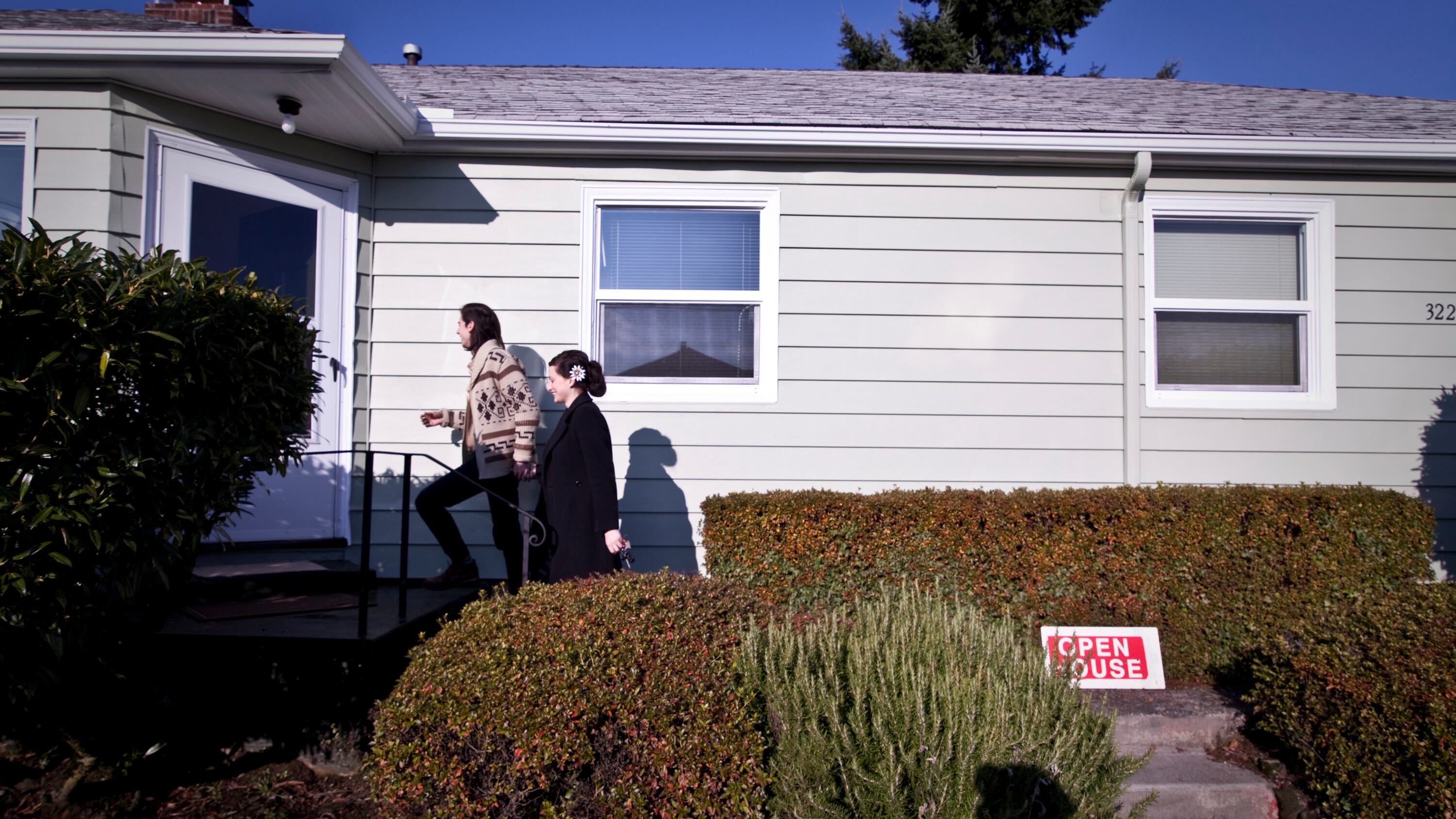Josh Lehner is not given to flights of fancy or wild speculation.
A state economist who writes a blog when he's not crunching numbers, Lehner declared this week—with the caveats characteristic of his profession—that the worst of Portland's housing crisis may be over.
"Housing affordability is worse today than a decade ago. This is particularly true for lower-income rental households who have seen costs rise significantly with income gains only coming in the past couple of years. That said, affordability is showing signs of stabilization overall and some segments will see improvements in the near future," Lehner writes in a Jan. 4 post. "This is a result of housing supply continuing to increase (although it does not appear to be enough to drive prices down in a meaningful way, at least not yet based on the data) and income gains finally seen among middle and lower-income households."
Put simply: Developers are producing more units in response to higher prices and consumers finally have more money to spend.
The chart below shows that the percentage of income that renters are spending on housing has flattened at just below 38 percent, after a steady climb over the past decade from 32 percent. Although that's a big chunk, Lehner thinks that it will hold steady or even dip in the future.

The news is better for rental apartments than for single family homes, where the number of houses for sale remains historically low. But even there, the trendline representing the number of units for sale has bottomed and slightly increased.
Here's Lehner's chart showing the number of homes currently for sale in the Portland metro area—just over 4,000, which is about a quarter of the number that were on the market in 2008.

Lehner cautions that while he and his colleagues see signs of relief, Portland's not going back to being the low-priced haven for premature retirees that it once was.
"This does not mean housing is necessarily affordable," he writes. "Rather that affordability is no longer worsening. That is a big distinction and marks an important milestone, but hopefully not the destination."
